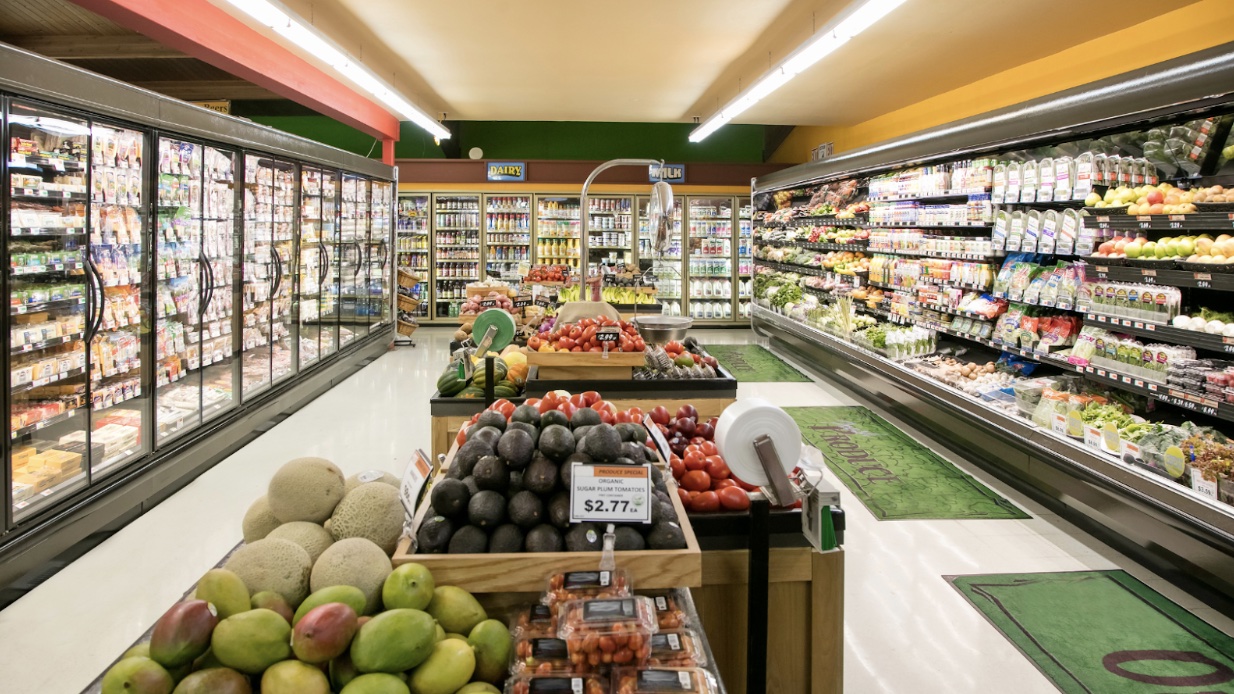A food broker and a food distributor are both involved in the sale and distribution of food products, but there are some key differences between the two.
A food broker is an independent sales agent who represents food manufacturers and helps them sell their products to retailers, wholesalers, and other buyers. Food brokers work on a commission basis, and they do not take ownership of the products they sell. They are responsible for building relationships with buyers, negotiating prices, and helping manufacturers develop marketing strategies.
On the other hand, a food distributor is a company that buys food products from manufacturers and then sells them to retailers, restaurants, and other buyers. Food distributors take ownership of the products they sell, and they are responsible for storing, shipping, and delivering the products to their customers.
In terms of which is best for helping smaller food brands, it depends on the specific needs and goals of the brand. Food brokers can be a good option for smaller brands because they offer specialized sales expertise and can help them gain access to new markets and buyers. Food distributors, on the other hand, can be a good option for smaller brands that need help with logistics, such as storing and shipping their products. Ultimately, it’s important for smaller food brands to carefully consider their options and choose a partner that can best support their specific needs and goals.

Would a food broker help a food brand connect with distribution once sales are consistent?
Yes, a food broker can definitely help a food brand connect with distribution once sales are consistent. In fact, one of the main roles of a food broker is to facilitate the distribution of products from manufacturers to retailers, wholesalers, and other potential buyers.
A food broker can use their network of contacts and relationships in the industry to connect a food brand with the right distribution channels. They can also provide valuable insights and guidance on market trends, pricing strategies, and other factors that can impact a brand’s success in the marketplace.
However, it’s important to note that the exact services and support provided by a food broker can vary depending on the specific needs and goals of the food brand. It’s always a good idea to have a clear understanding of the services and fees associated with working with a food broker before making a commitment.
How can a food broker help with retail sales and in-store marketing, and what considerations should food brands consider before hiring a food broker?
A food broker can play a key role in helping food brands with retail sales and in-store marketing. Here are some ways in which a food broker can assist a food brand in these areas:
- Building relationships with retailers: Food brokers can leverage their industry knowledge and experience to establish relationships with key retailers, which can help the food brand gain access to new markets and increase sales.
- Negotiating pricing and promotional deals: Food brokers can negotiate pricing and promotional deals with retailers on behalf of the food brand, which can help increase visibility and sales of the brand’s products.
- Providing market insights and analysis: Food brokers can provide market insights and analysis to help the food brand better understand consumer trends and preferences, which can inform the development of effective sales and marketing strategies.
- Developing in-store marketing campaigns: Food brokers can work with retailers to develop in-store marketing campaigns for the food brand’s products, which can increase brand awareness and drive sales.
Before hiring a food broker, food brands should consider a few key factors to ensure that they find the right partner for their business:
- Experience and expertise: The food brand should look for a food broker with experience and expertise in the food industry and in representing similar products.
- Network and contacts: The food brand should consider the food broker’s network and contacts in the industry, including retailers, wholesalers, and other buyers. A food broker with a strong network can help the brand gain access to new markets and buyers.
- Commission and fees: The food brand should understand the food broker’s commission and fees, which can vary depending on the services provided. It’s important to ensure that they are reasonable and within the brand’s budget.
- Communication and collaboration: The food brand should look for a food broker who is responsive and communicative, and who is willing to work collaboratively to develop and implement effective sales and marketing strategies.
- Reputation and track record: Finally, the food brand should research the food broker’s reputation and track record in the industry, including their success in representing similar products and their ability to deliver results for their clients.
By considering these factors, a food brand can find a food broker who is a good fit for their business and can help them achieve their sales and marketing goals.